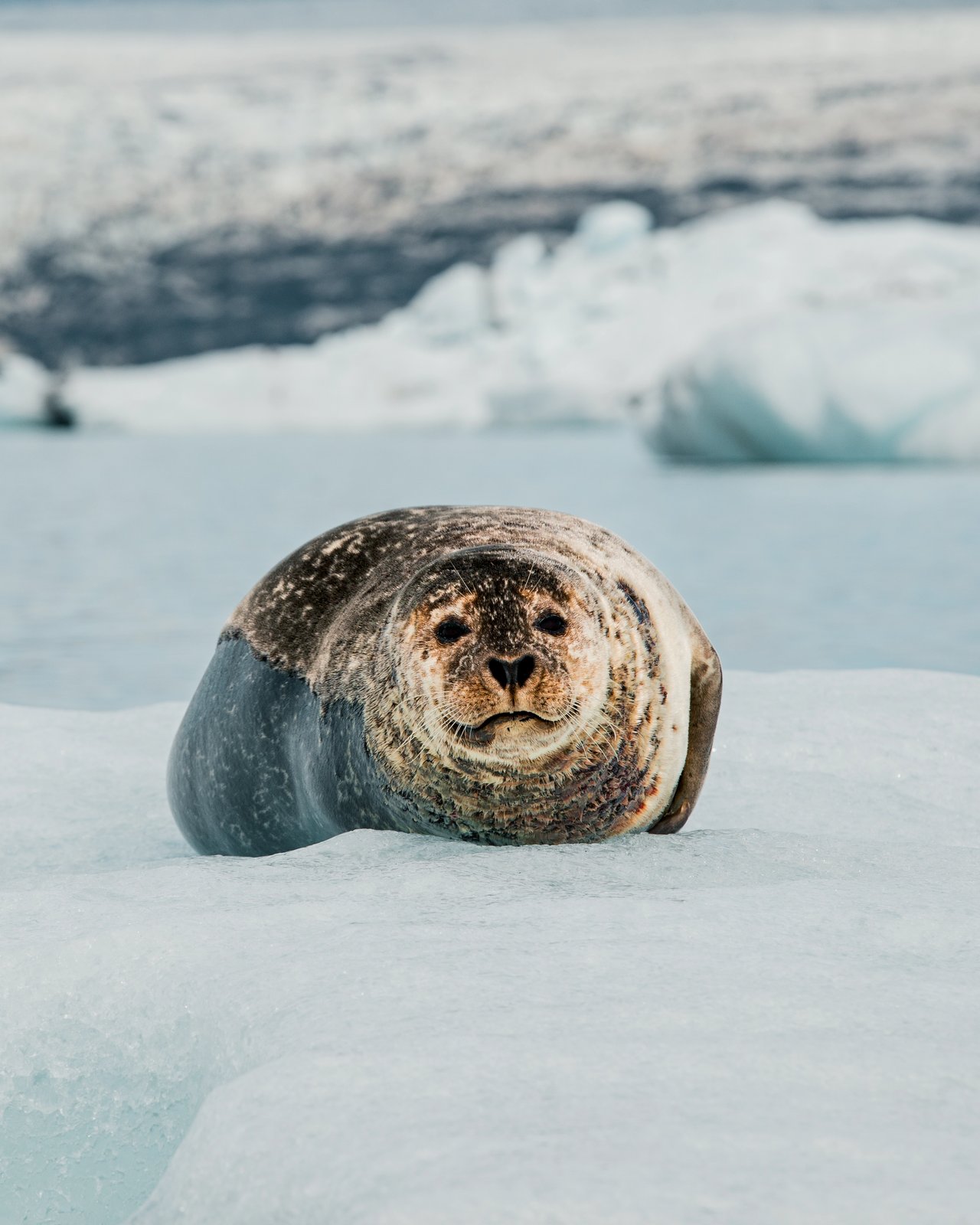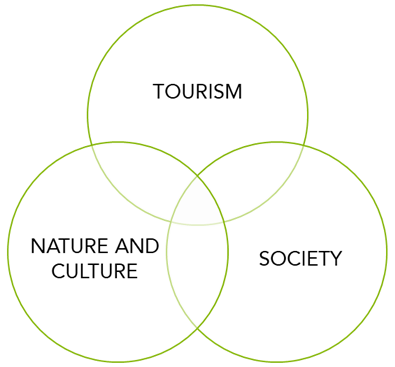Sustainable Tourism in South Iceland: A Path Forward
In the heart of the Icelandic tourism sector, sustainable development is not just a goal; it's a necessity. This rings true for South Iceland, where the natural beauty and community well-being are paramount.
Understanding Sustainability
At its core, sustainable development in tourism is about crafting experiences today that don't steal from tomorrow. It's a delicate dance of enhancing economic value, preserving nature's splendor, and upholding human rights universally.
The Harmony of Growth
For tourism to truly flourish, it must sync with society and nature. This means enriching the quality of tourism experiences while respecting the limits of nature, community tolerance, and visitor enjoyment. Through our Destination Management plan, our ongoing mission is balancing society, tourism, and nature as sustainability’s three main pillars.
Tourism's Triple Balance
Tourism must nurture the equilibrium between society and the natural world, ensuring cultural and natural resources remain abundant for generations. Every action, from nature conservation to social responsibility, is geared towards mutual benefit. Encouraging sustainable initiatives, like efficient waste management and accessible walking paths, is vital. Furthermore, maximizing resource yields responsibly ensures local communities thrive alongside tourism.
The Role of Tourism
With sustainability at its heart, the tourism industry in South Iceland is pivotal. This encompasses embracing green transport, sustainable accommodation and dining, and managing visitor flow through technology.
Join Us in Championing Sustainability
Your visit to South Iceland isn't just a journey—it's a step towards a sustainable future. As a cherished guest, your choices have the power to make a real difference. Here's how you can take action:
Your choices have the power to make a real difference.

- Dive Deeper into South Iceland: Extend your stay. Discover the hidden gems and the vibrant culture that make this region unique. Each additional day you spend is a vote for a sustainable travel culture.
- Be a Local's Hero: Choose to support local businesses. Whether it's staying in quaint accommodations, dining in local eateries, or picking up souvenirs from artisanal craftsmen, your choices help fuel our community's economy.
- Embrace Eco-Friendly Practices: Opt for reusable items like water bottles. Our pristine Icelandic water is yours to enjoy—sans the plastic. This simple switch makes a world of difference.
- Tread Lightly, Love Deeply: Nature is our most precious treasure. Please stay on marked trails, admire wildlife from a respectful distance, and leave no trace. Your mindfulness ensures the beauty of South Iceland for years to come.
- Respect nature reserves where access is prohibited, such as bird nesting areas.
- Do not walk on moss, as it may never recover.
- Beware of natural hazards and monitor Safetravel.is during your travels
- Do not drive off-road.
- Live the Legacy of Responsible Tourism: Adopt best practices in waste management, shop locally, and adhere to our guidelines and regulations. Your actions help us preserve the essence of South Iceland.
- Take the Icelandic Pledge


